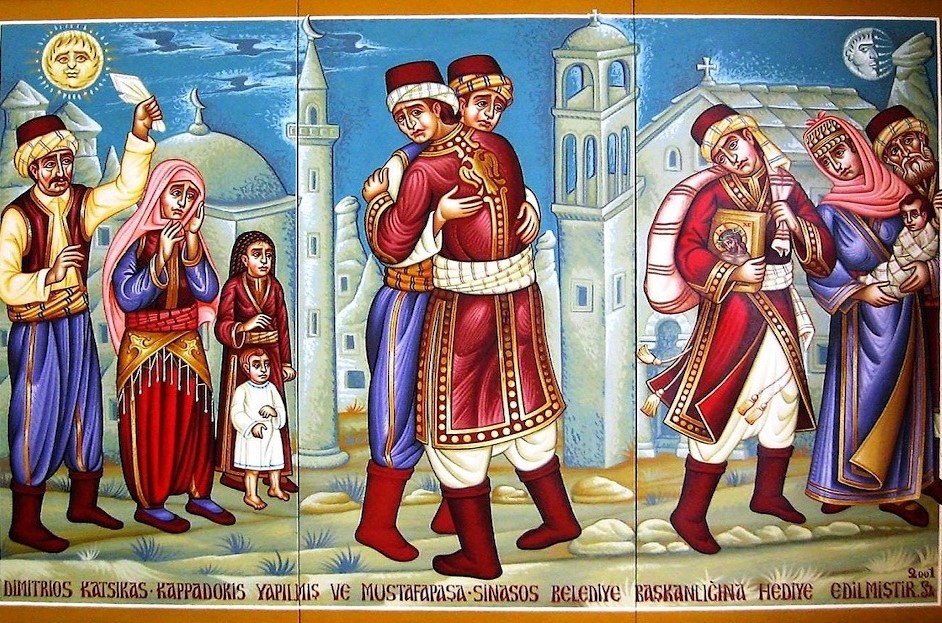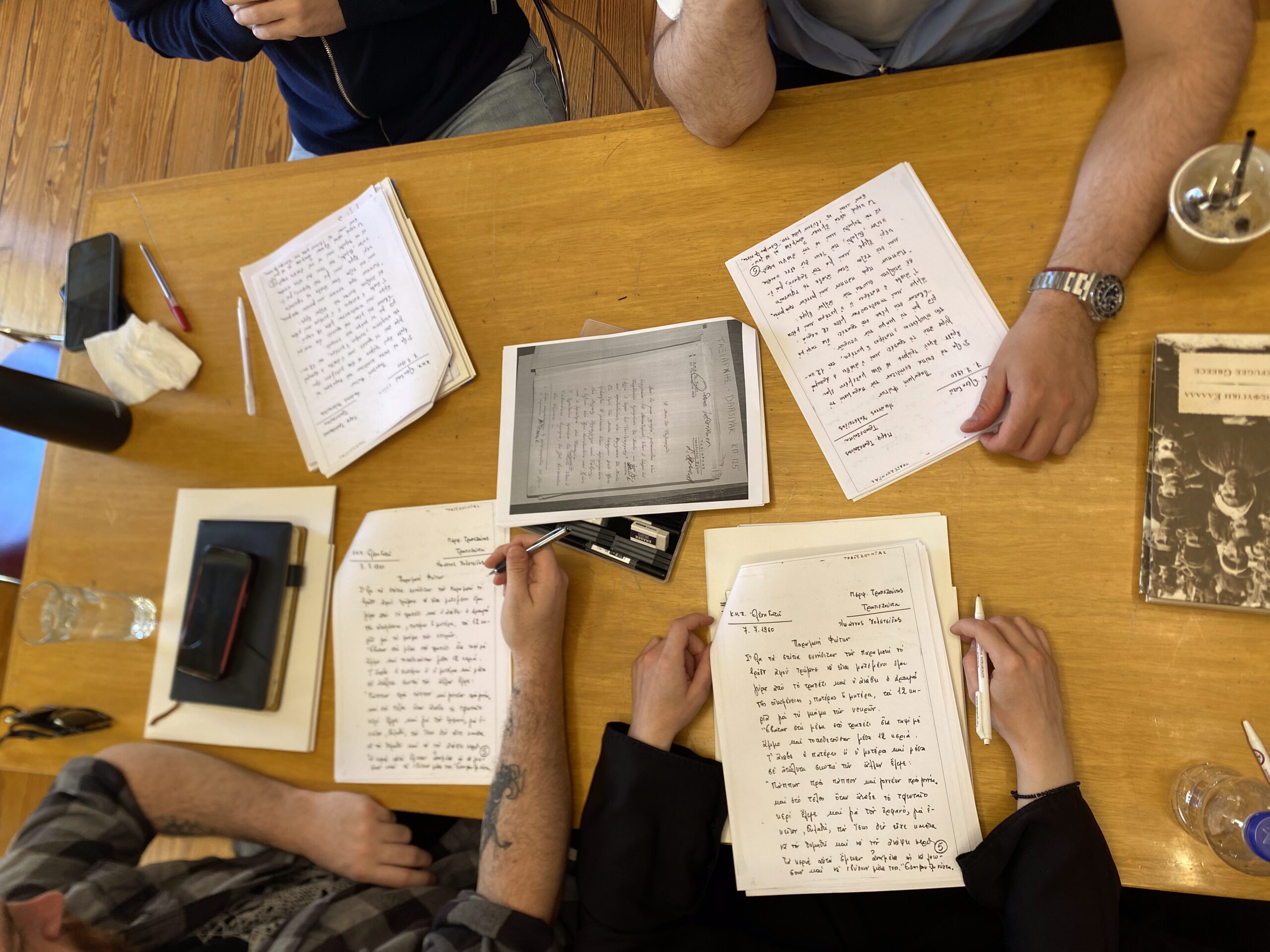International Congress
September 19-21, 2024
Cappadocia University– Mustafapaşa
As part of the peace negotiations in Lausanne, Turkey and Greece signed an agreement on January 30, 1923, to carry out a compulsory population exchange as part of the peace and nation-building processes. The consequences of the Turkish-Greek Population Exchange, which was based on the compulsory relocation of Muslim Turks residing in Greece and Greek Orthodox in Turkey, with some exceptions, were not limited to the two signatory countries. It had multidimensional economic, political, social, and diplomatic effects in the region and around the world, with consequences that extend to the present day. The consequences of the population exchange in Turkey, Greece, and at the international level continue to be the subject of academic studies. The international congress we are calling for is designed both as a part of this interest and as an attempt to deepen this interest with qualified discussions.
Mustafapaşa, historically called Sinasos, which is now a settlement in the Ürgüp district of Nevşehir and home to Cappadocia University, is one of the settlements where the rupture caused by the exchange was felt intensely and can be clearly observed, both in terms of its level of development and wealth before the exchange and the unique characteristics of its social structure. Although the congress will focus on Sinasos and Cappadocia, it also aims to examine the broader effects of the exchange. The central problematics to be addressed in the congress are as follows:
· The experiences of those who left these lands through forced migration and those who settled in these lands through forced migration and resettlement before and after the exchange,
· Sociocultural, economic and spatial effects of the Exchange in Sinasos,
· The experience of the Exchange in Cappadocia and its multidimensional effects,
· How the rupture created by the exchange is either remembered or forgotten,
· How local identities were reconstructed after the exchange and how they relate to national identities,
· The effects of the exchange on cultural heritage,
· National and international effects of the exchange
The primary aim of the congress will be to bring together academics and experts from various disciplines to analyze these topics in depth and to reflect on the results of the localization of the exchange practice at national and transnational levels.
According to the memoirs of those who left Sinasos, the decision of the Population Exchange was notified to the settlement in August 1924. With the record in the diaries, “today, October 2, 1924, we leave our homeland for good,” Sinasos was abandoned, and the population exchange was implemented. The impact of the exchange on the region continued with the resettlement, and the stories of the population displaced by the exchange in both countries and the generations that followed them, determined by this historical break, continued to be written. The congress will be held on 19-21 September 2024, which coincides with the 100th anniversary of the implementation of the exchange in the region, at Mustafapaşa Campus, which also constitutes the center of the university, under the leadership and hosting of Cappadocia University. The congress language will be Turkish and English.
Those who wish to participate in the congress are kindly requested to send their abstracts of at most 500 words to [email protected] e-mail address by May 15, 2024, together with a short CV not exceeding 100 words. The results of the evaluation by the scientific committee will be announced on June 1, 2024. Congress participants are required to submit the full texts of the papers to the organizing committee until August 15, 2024. Cappadocia University will publish the presented papers as a book in digital and printed form.
Cappadocia University, Center for Asia Minor Studies, Lausanne Immigrants Foundation




